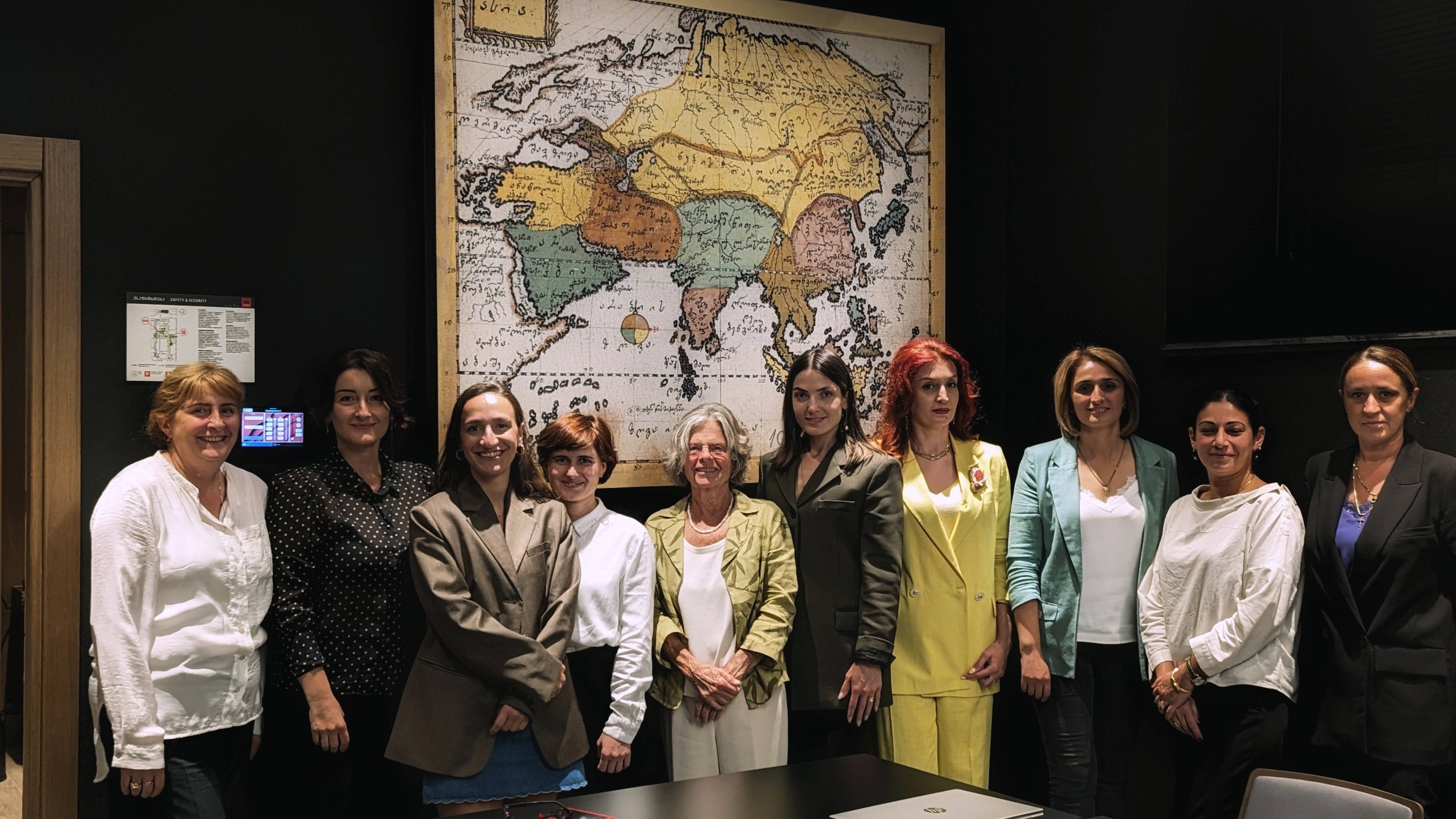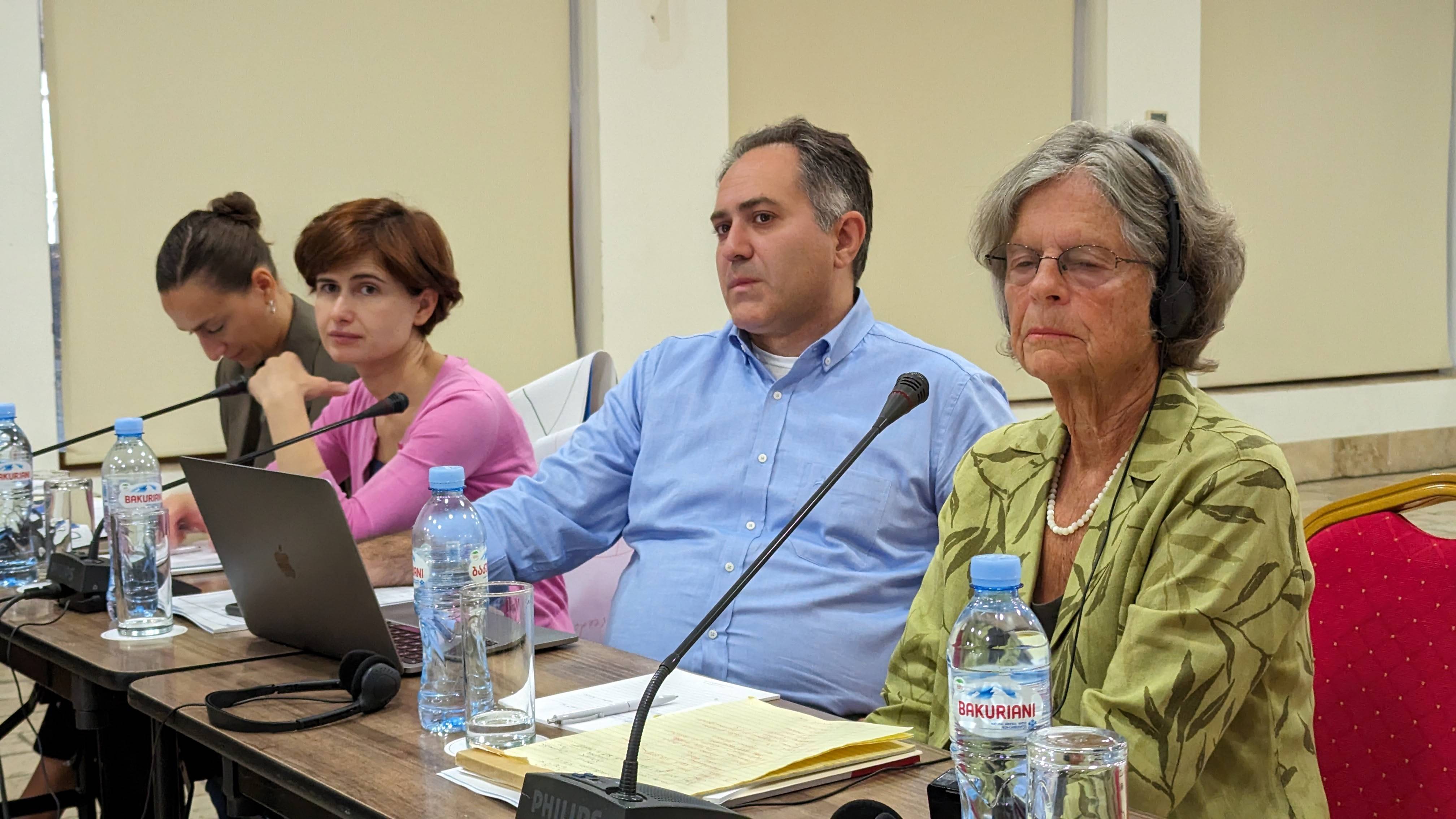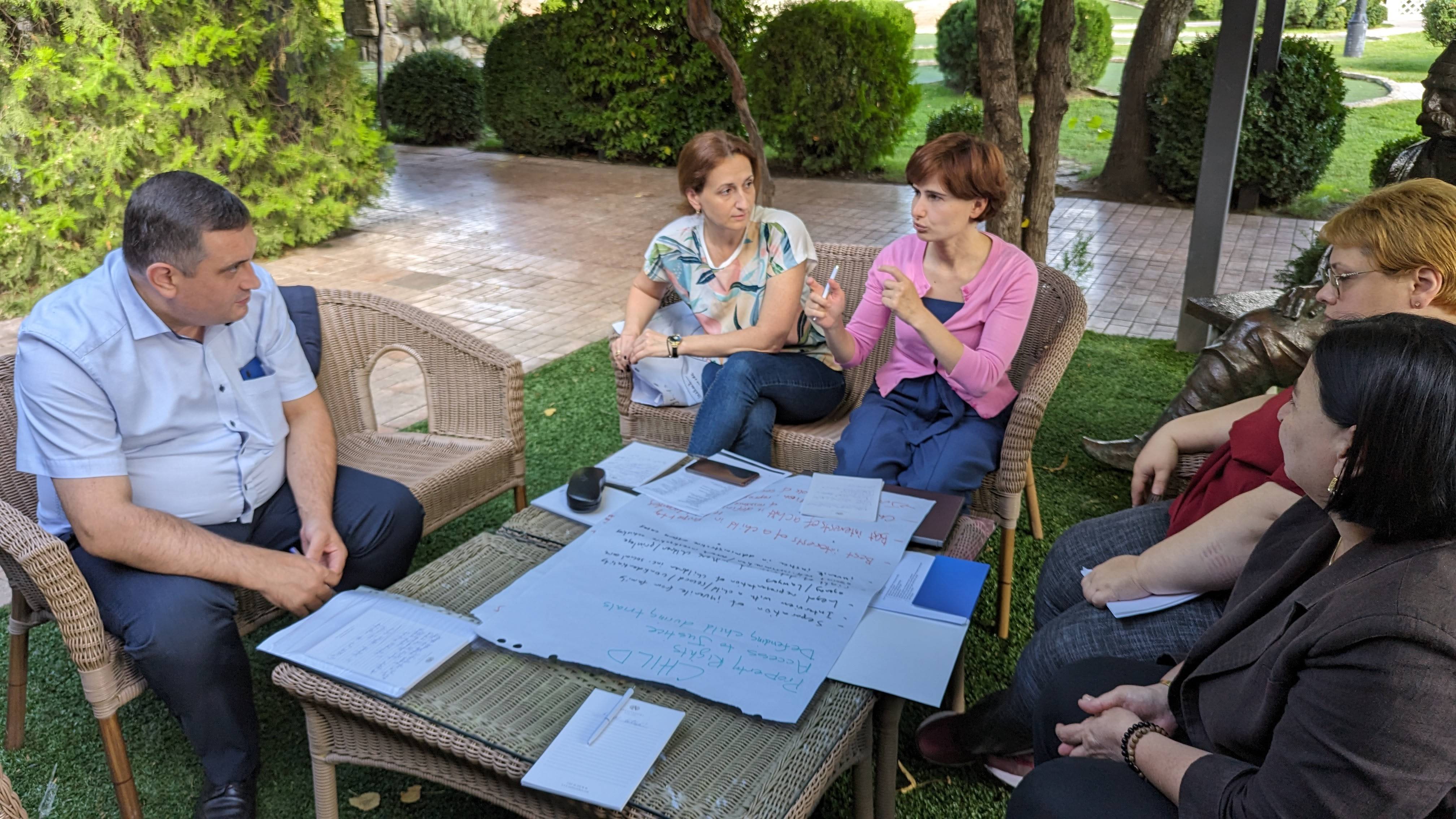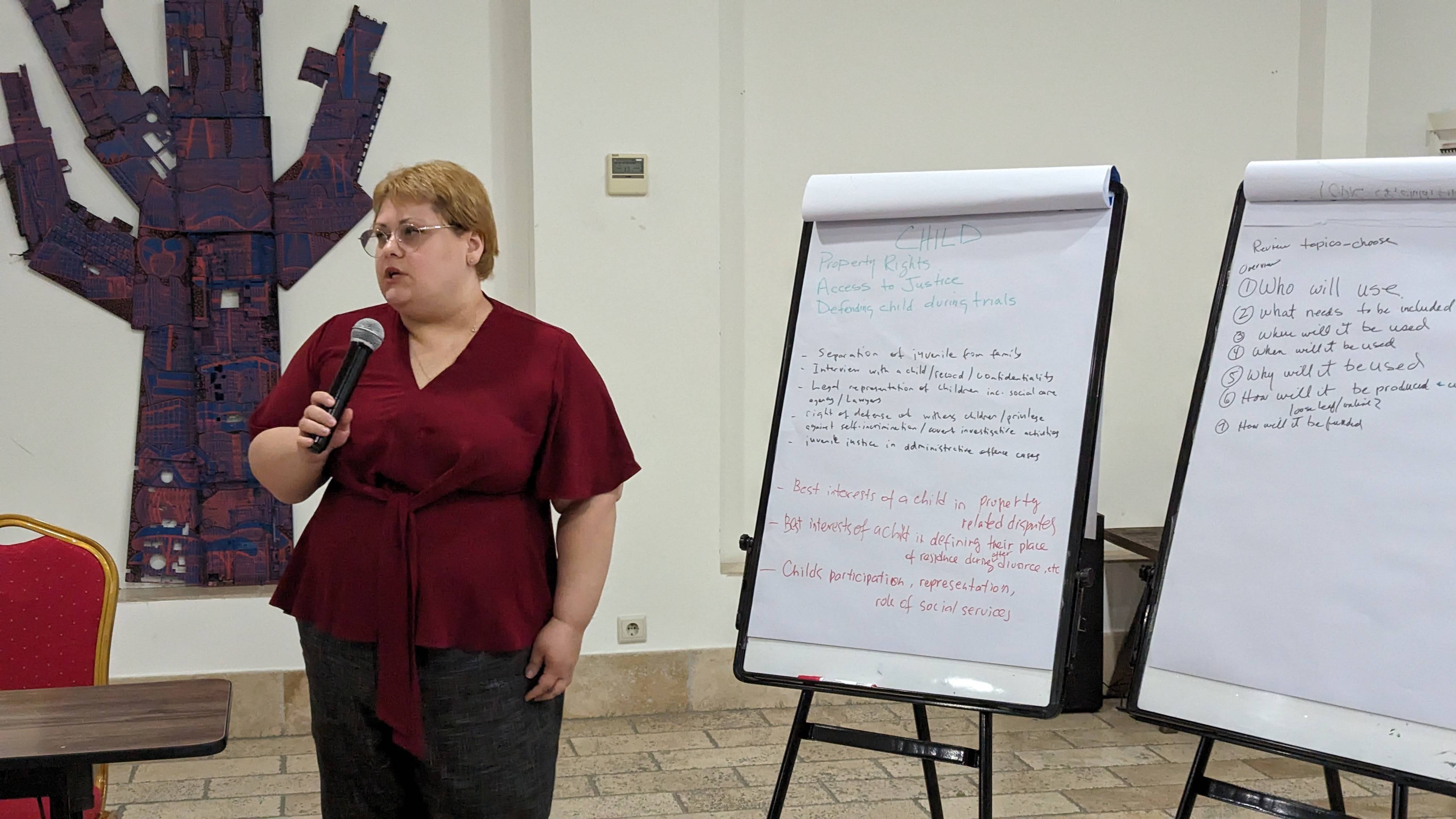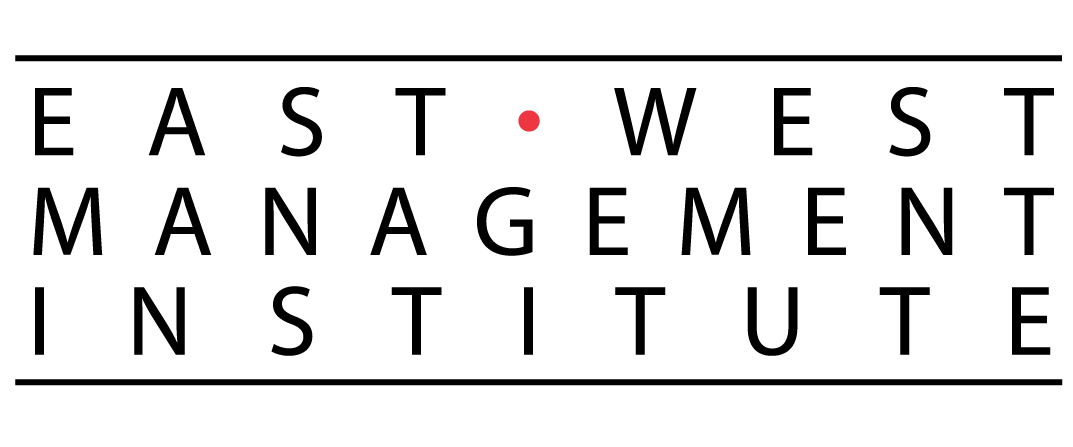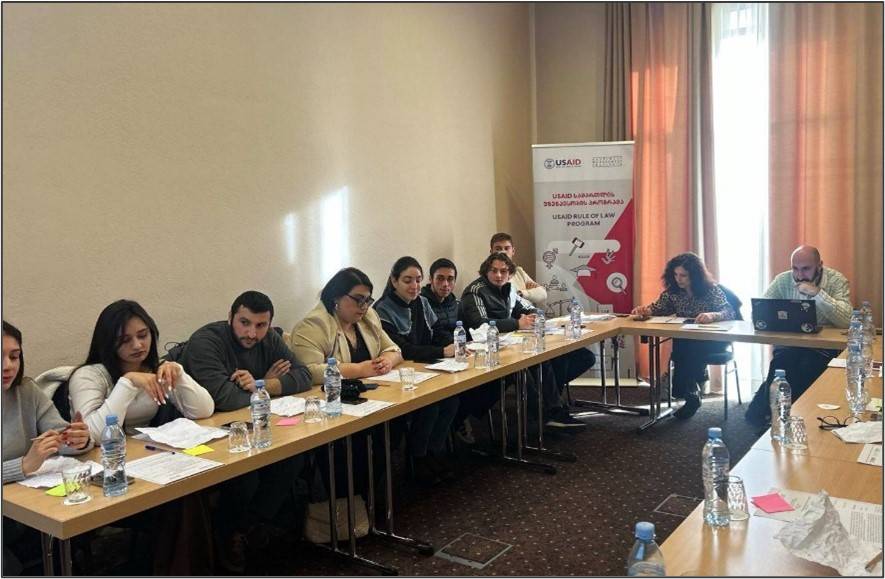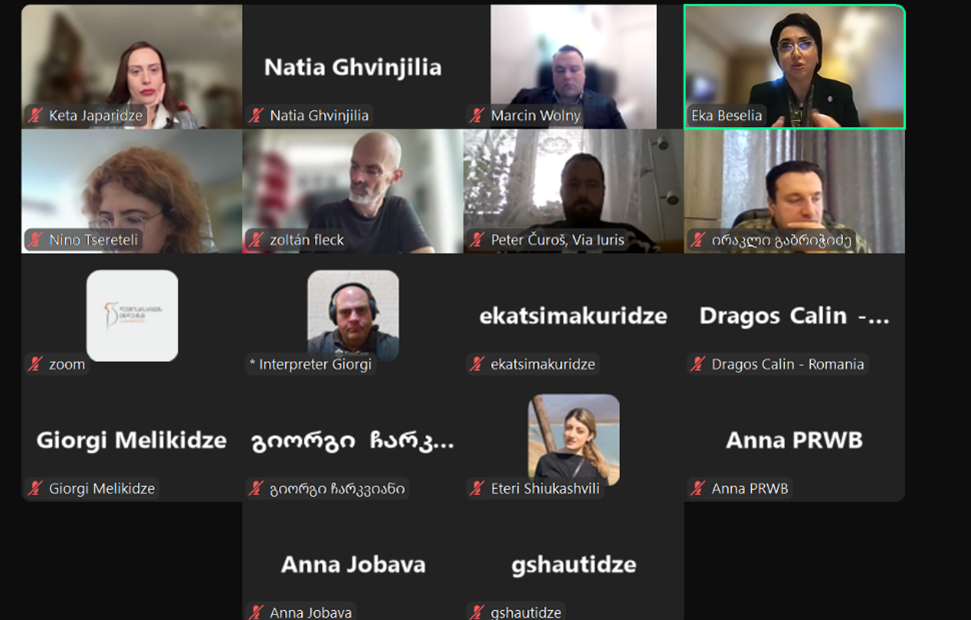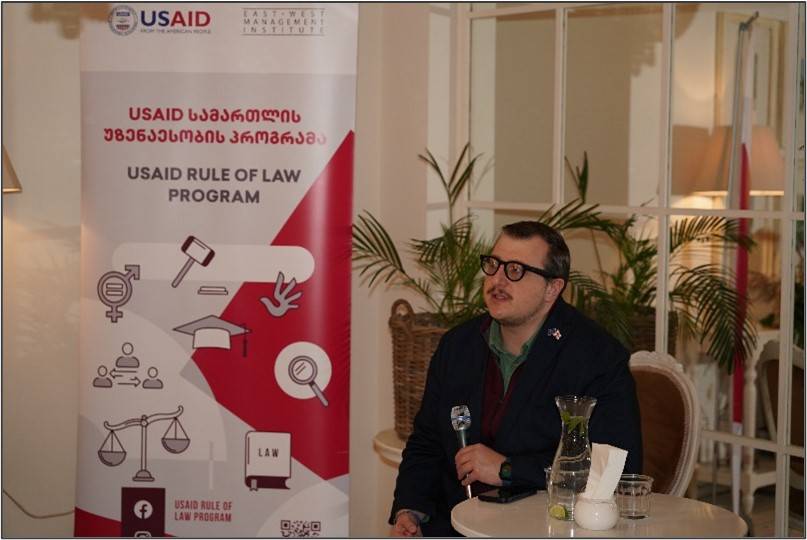Developing Benchbooks on Women’s Rights, Children’s Rights, and Freedom of Expression
Benchbooks serve as invaluable reference manuals for judges, providing quick access to legal insights on a range of topics. These resources aid judges in addressing pending issues in line with current legislation and case law, ultimately facilitating more efficient and effective judicial decision-making.
Until now, the Georgian legal system lacked benchbooks, making the development of three benchbooks with USAID Rule of Law Program support a noteworthy addition for both the legal landscape in Georgia and the nation's judges.
From September 15 to 17, a group of 18 common court judges, alongside U.S. expert Patricia Noonan, embarked on the task of creating benchbooks on three crucial subjects: Freedom of Expression, Women's Rights, and Children's Rights. The judges developing the benchbooks are also the members of the Program-established Rule of Law Practice Groups that focus on these specific areas.
Giorgi Chkheidze, Chief of Party for the USAID Rule of Law Program, emphasized the significance of introducing benchbooks to assist judges in their daily responsibilities. He underscored that there is no one-size-fits-all solution when it comes to writing benchbooks. Instead, the participating judges will need to collaboratively determine the type, scope, content, and style of these resources to ensure they effectively meet the needs of Georgian judges.
Patricia Noonan, the USAID Rule of Law Program's invited expert, introduced the concept of benchbooks, outlining their goals, types, and the typical process for drafting, updating, and distributing benchbooks in the United States. Importantly, she guided the participants in identifying the specific needs of judges in each of the respective areas of law.
The participating common court judges stressed that when seeking applicable judicial precedents, they often communicate with their peers, including judges from higher instances, to identify relevant case law for their cases. Benchbooks are expected to significantly transform this process. They will compile relevant case law on selected topics, along with applicable legislation, presenting established practices in a concise and user-friendly manner. Additionally, the benchbooks will identify areas lacking well-settled case law or standards and pinpoint legal resources that judges can rely on when deciding complex cases.
The participating judges were divided into three working groups, one focusing on children's rights, women's rights, and freedom of expression, respectively. Through active discussions addressing the legal challenges they face in their daily work; the judges identified the topics to be covered in the benchbooks and outlined their structure. They also developed a detailed structure for one chapter and assigned tasks within the groups to continue their work on the benchbooks.
Each benchbook working group reconvened with the expert from October 19 to 21, to finalize the draft outlines of their respective benchbooks and establish the project's procedural plan for implementation. This includes tracking progress on the benchbooks and adhering to deadlines. Once completed, the benchbooks will be available online, making the benchbooks more accessible and making it easy to provide updates or include new topics in the future.
